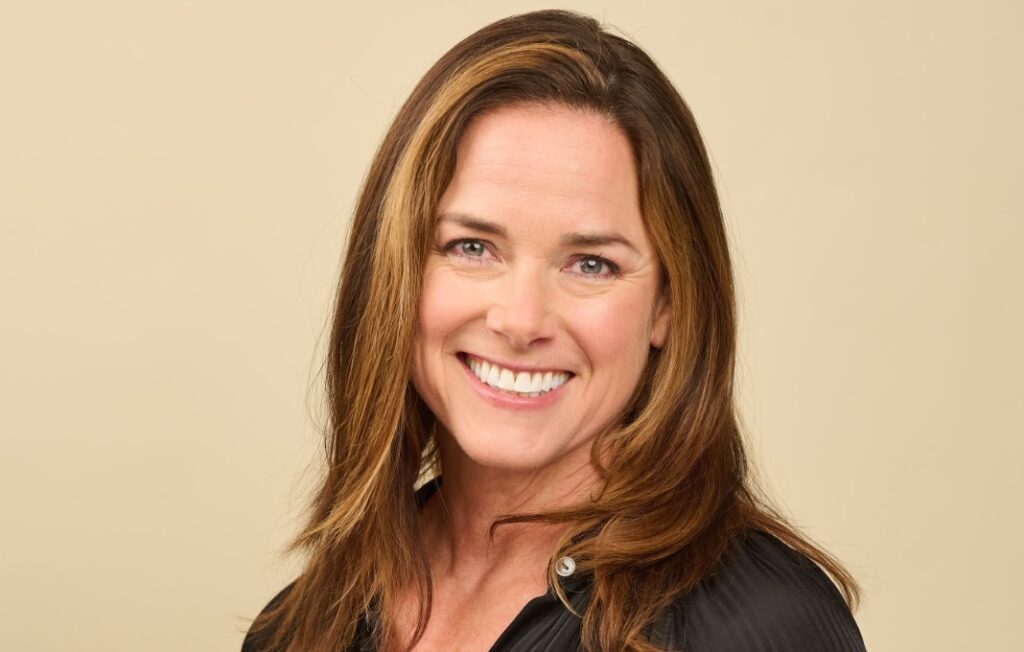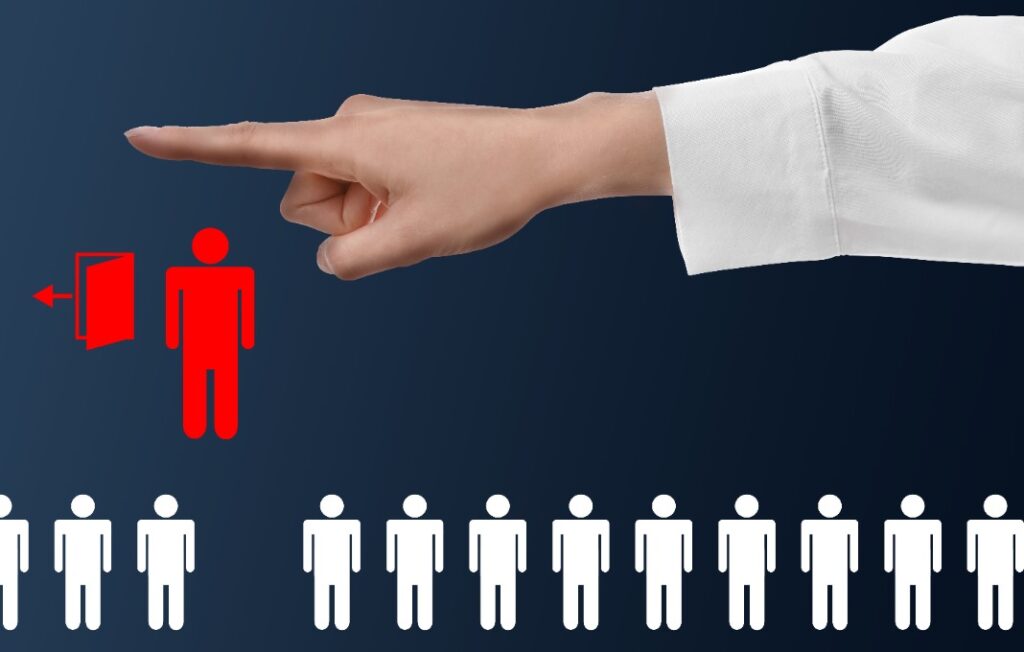One of the most critical lessons for employers during the pandemic is that employees’ mental health and well-being must be wholeheartedly supported, says Sharon Schmidt, head of people and culture at GRAX, a Burlington, Massachusetts-based company that provides an online platform for companies to backup and archive their SaaS application data.
Schmidt spoke with StrategicCHRO360 about what GRAX is doing to support its employees, how top executives can lead by example on emotional support and the importance of workplace flexibility.
Mental health has become a big topic of discussion over the past few months. How should companies begin to think about employee mental health? What should they do to get started?
Of all the things that have come out of the pandemic, a focus on employee mental health has to be one of the most positive. Companies looking to better support their employees should really start by having honest conversations with them about their needs, what’s changed in their lives and how the company can best help them be happy both in and outside of the office. These honest and open conversations can make leadership aware of any concerns or patterns emerging among employees, and allow them to address those issues head on.
After collecting this feedback, employers can then begin to have real discussions about what needs to change within the organization to better encourage employee well-being. Likewise, these efforts show employees that their employers are being proactive in their approach to mental health and care about how they can help employees have a well-balanced life.
How can company leaders play a role in de-stigmatizing mental health in the workplace?
A big part of company leaders de-stigmatizing mental health in the workplace is to have a truly open-door policy and listen to employee concerns. Leadership should make a point to check in with employees on a frequent basis, not just during an annual review. These check-ins are important to build trust with employees and let them know that their well-being is important to you.
I also think that when leaders in a company can make themselves vulnerable, it gives employees the best example to follow. For example, if a CEO hosts a coffee hour with a small group of employees and openly shares that he or she has been feeling burnt out or overwhelmed by what’s going on in the world, employees know that they are not along in their struggles. This creates a more open and trusting environment, and best shows that company leadership understands where employees are coming from because they experience it too.
What does supporting mental health look like in practice?
Employees now understand that they don’t have to sacrifice their personal lives or well-being for their career—and employers need to be ready to support that in whatever capacity is necessary.
Supporting mental health will look different for every company, but I think more and more we’ll see the adoption of set mental health days that don’t eat into sick, vacation and/or personal time. Schedules likely will also become more flexible, as employees look to maintain the newfound work/life balance when we begin to return to “normal.”
Employers can also consider holding wellness classes upon returning to physical workspaces, reimbursing activities that support a healthy and well-balanced lifestyle and holding workshops so people know how to best support their own and others’ mental health.
Can you share examples of benefits or programs you’d suggest putting in place?
Being a remote-first company, GRAX has always allowed for flexibility in when and where people decide to work. Our CEO often encourages our employees to go to the gym in the middle of the day, pick up the kids from school, have dinner with their families, to ensure their interests and needs outside of work are being fulfilled.
Aside from that cultural aspect of our company, we’ve also re-evaluated our benefits over the past year to include a stipend for apps, books and/or activities that encourage wellness. We’ve also implemented a Slack channel to share tips about mental wellness and have started having optional meetings and development sessions to share best practices for mental health.








